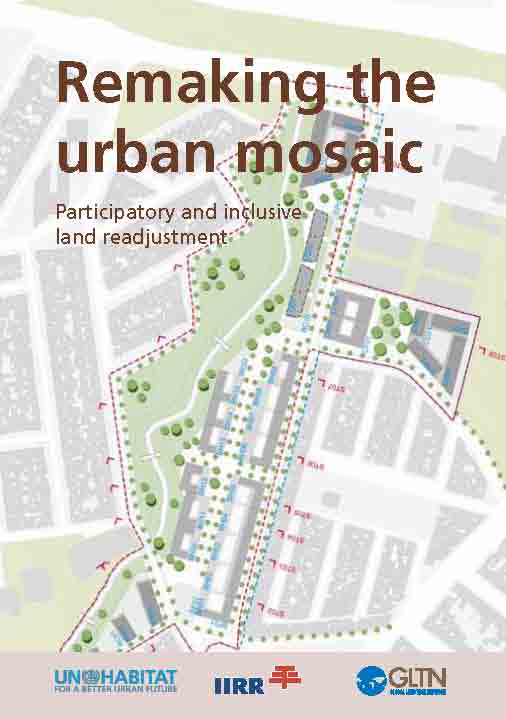Vertical Village: TREEHOUSING International Wood Design Competition poster
The Vertical Village is designed as a functional and innovative wooden high-rise that provides comfortable living conditions in a large city located in a humid, subtropical climate.




